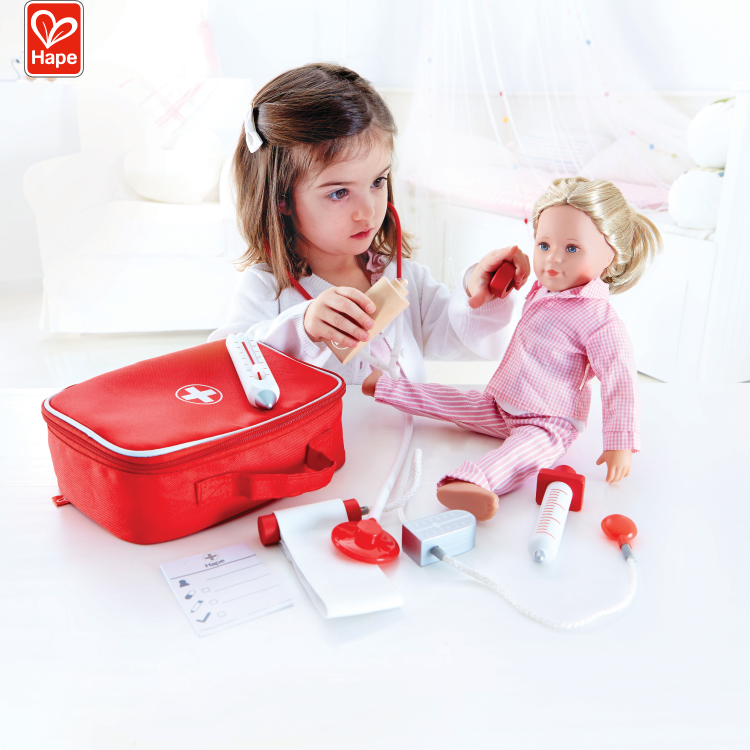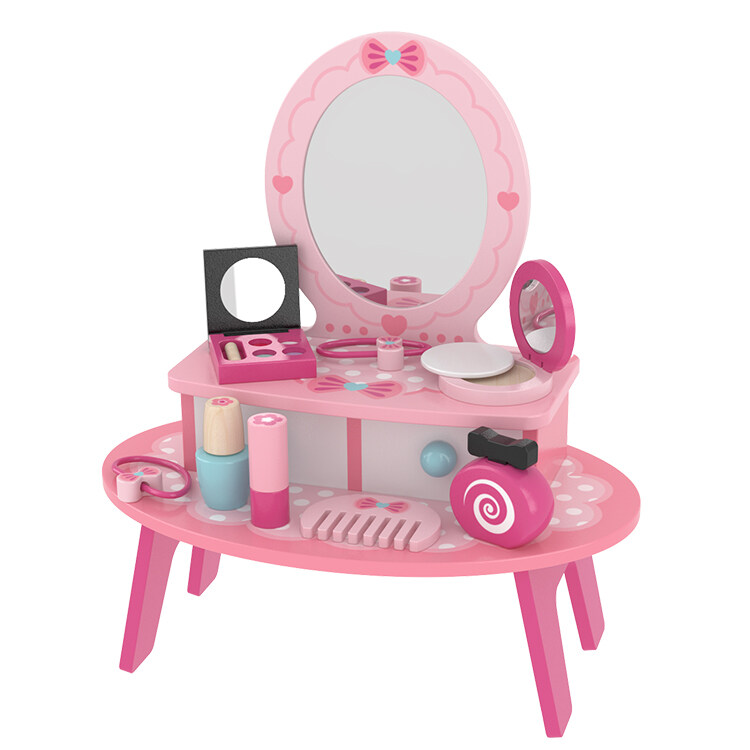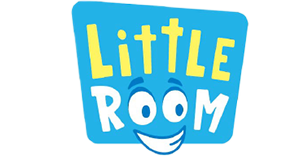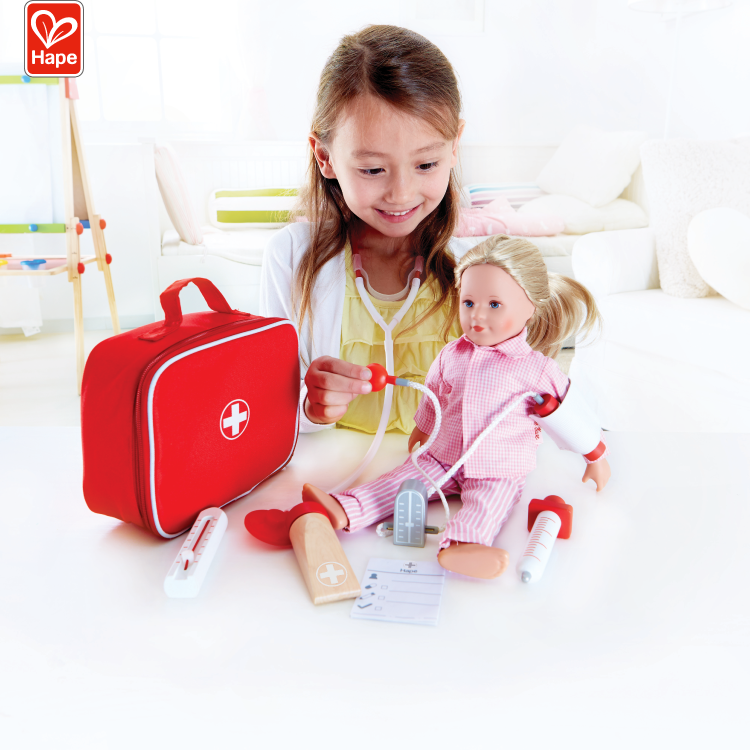Email format error
Email cannot be empty
Email already exists
6-20 characters(letters plus numbers only)
The password is inconsistent
Email format error
Email cannot be empty
Email does not exist
6-20 characters(letters plus numbers only)
The password is inconsistent

News
Happy Arts & Crafts , your reliable partner for OEM/ODM business!

How To Pretend Games Help Toddlers Learn About Their World
We all know to pretend play is an important part of children's growth, but How To Pretend Games Help Toddlers Learn About Their World? You can get the answer here, besides, you also know that pretend games to play with toddlers are both fun activities and another game that promotes children's development. Let's also look at the benefits.
Young children learn by imagining and doing. Have you ever watched your child pick up a stone and pretend it is a zooming car? Or hop across the table as if it were a person or a bunny? Your child is using an object to represent something else while giving it action and motion. But this pretended play is not as simple as it may seem. The process of pretending builds skills in many essential developmental areas.
Benefits of Pretend Games
Language Skills
Have you ever listened in as your child engages in imaginary play with his toys or friends? You will probably hear some words and phrases you never thought he knew!
We often hear our own words reflected in the play of children. Kids can do a perfect imitation of mom, dad, and the teacher!
Pretend play helps your child understand the power of language. In addition, by pretend playing with others, he learns that words give him the means to reenact a story or organize play. This process helps your child to make the connection between spoken and written language — a skill that will later help him learn to read.
Social and Emotional Skills
When your child engages in pretend (or dramatic) play, he is actively experimenting with the social and emotional roles of life. Through cooperative play, he learns how to take turns, share responsibility, and creatively problem-solve.
When your child pretends to be different characters, he has the experience of "walking in someone else's shoes". It helps teach the important moral development skill of empathy. It is normal for young children to see the world from their egocentric point of view, but through maturation and cooperative play, your child will begin to understand the feelings of others. He also builds self-esteem when he discovers he can be anything just by pretending!
Thinking Skills
Pretend play provides your child with a variety of problems to solve. Whether it's two children wanting to play the same role or searching for the just right material to make a roof for the playhouse, your child calls upon important cognitive thinking skills that he will use in every aspect of his life, now and forever.
Does your child enjoy a bit of roughhousing? Great! Some researchers in early brain development believe that this sort of play helps develop the part of the brain (the frontal lobe) that regulates behavior. So instead of worrying that this type of activity will encourage him to act out or become too aggressive, be assured that within a monitored situation, roughhouse play can help your child learn the self-regulation skills needed to know how and when this type of play is appropriate.

How To Pretend Games Help Toddlers Learn About Their World
In pretend play games, various playhouses, police stations, dressing tables, etc., have practical benefits for children to learn about the world they live in.
When children participate in pretend play, they learn about the real world in virtual pretend to play and imitate the tone of adults in real society in pretend play. This greatly improves the child's language skills and can create phrases and words that the parents have not heard before. Looking forward to seeing your little one amazing.
Develop children a skill in pretend play, and have them work through the roles to help them work through different social skills. This will allow children to learn how to communicate and cooperate in their world. For example, they use wooden role-play kitchen accessories Learn to express yourself by asking a friend to help pick up dropped utensils and food.
In the pretend game, the children choose a role, and according to the adult's prompt, the children understand the attributes and content of the character more clearly. If there are too many characters, it is up to the children to decide and learn to plan and organize the toys. Children have their ideas, and adults always inject too many private ideas into children's games. In children's world, they have the right to make decisions by themselves.
Whether indoors or outdoors, pretend play has different developmental effects on children, helping toddlers grow better and help them learn their world.



